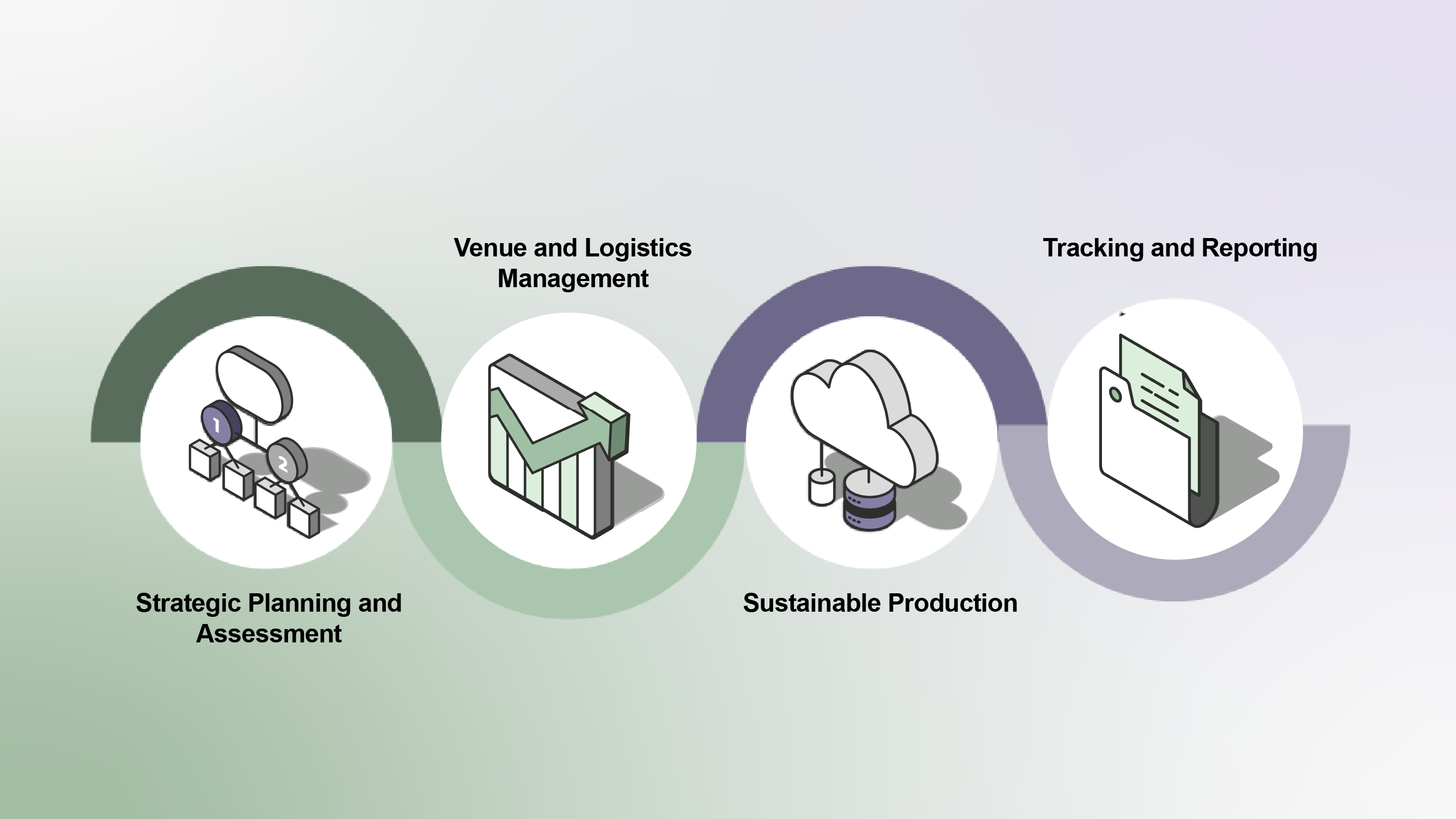
Sustainability has long been a focus for The Opus Group, but in a new Skift Meetings feature, EVP of Group Operations & General Counsel Howie Cockrill and Director of ESG Robert Bartolucci explain why the industry is approaching a major inflection point.
According to Cockrill, momentum is coming from the top down. “Our multinational clients don’t operate in silos. What's required in Europe and in other places around the world impacts what's happening here from a corporate standpoint. We're already seeing European standards—like Scope 3, supply chain scrutiny, carbon-scored venues, and green clauses making their way into contracts and RFPs— in the U.S., regardless of the federal politics.”
That means event professionals should expect 2026 to be the year sustainability shifts from optional to operational, as reporting requirements under the Corporate Sustainability Reporting Directive (CSDR) begin to cascade across supply chains and into the meetings and events industry.
Bartolucci points out that an internal cultural shift will need to take place within global brands, noting that there is still a big disconnect between sustainability departments and events teams. “They’re not really talking to each other.”
But he expects to see companies fighting back against sustainability sentiment. “I think the bigger companies are just going to try to comply so as not to upset the administration. Some of the smaller ones with strong sustainability programs will reaffirm their commitment in 2026, to show their stakeholders and employee base, ‘We're serious about this. We're not going to slow down, because it makes business sense.' We may already be seeing a little of that now, but we’re going to see the pendulum swinging back in 2026.”
The pair also pushes back on one of the biggest misconceptions in the industry: that sustainable choices inevitably cost more. Cockrill emphasizes that it often comes down to simple decisions, like venue selection or menu planning. “It’s not rocket science, it’s choices. It’s what kind of carpet you decide to use, or whether you want to add meat to the menu.”
The value proposition goes beyond compliance. Embracing sustainable practices can unlock efficiencies, tax advantages, and long-term savings. Bartolucci says, “As companies realize that this is not just about doing good for the planet, there’s cost savings and efficiency — there’s money to be had — that’s going to become ingrained into people’s mindsets. These little things that contribute to ROI will become second nature.”



